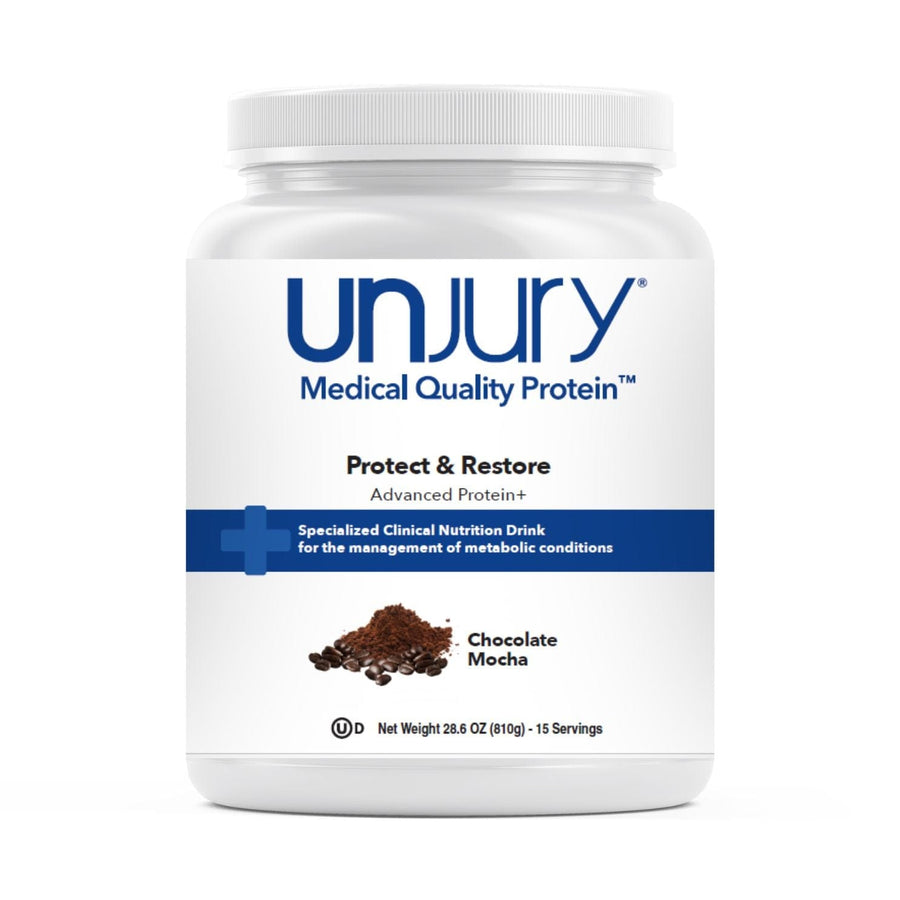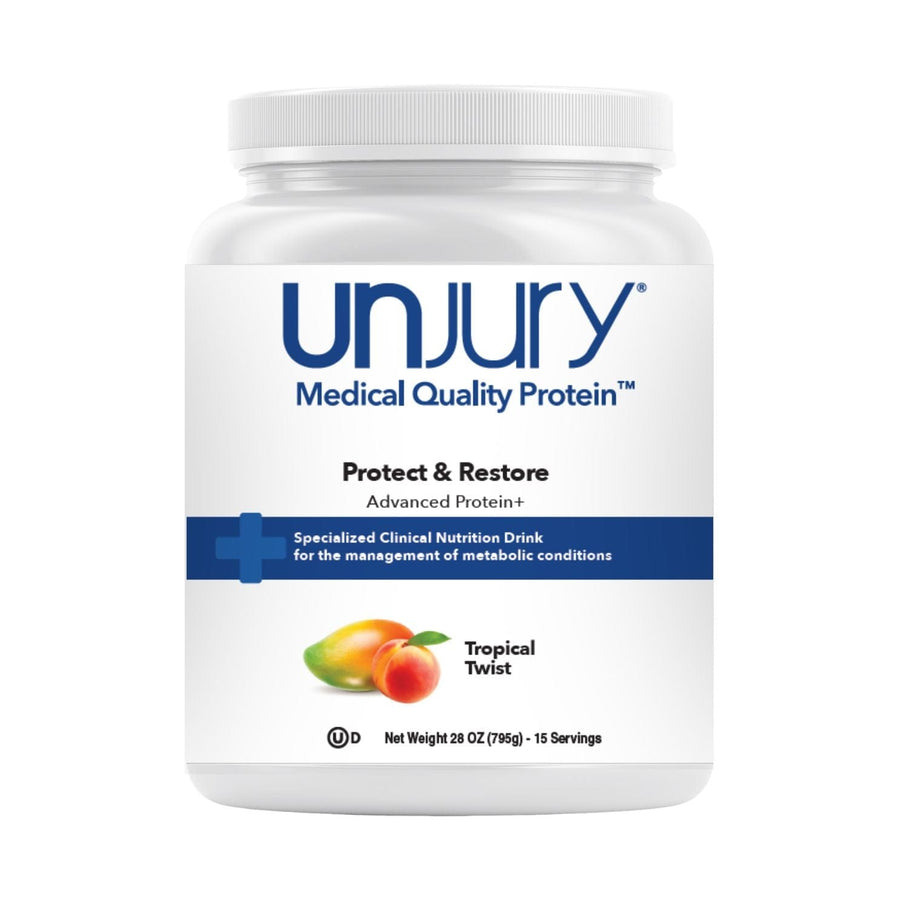Benefits of Bariatric Surgery Plus GLP-1 Medications
Despite the recent enthusiasm surrounding GLP-1 receptor agonists (RA) medications for weight loss, bariatric surgery remains the most effective obesity treatment, often leading to greater weight loss and type 2 diabetes remission compared to nonsurgical interventions.1
Patients undergoing bariatric surgery, such as sleeve gastrectomy and gastric bypass, typically experience substantial weight reduction, with sleeve gastrectomy resulting in around 60% and gastric bypass upward of 70% of excess weight loss.2
However, due to the complexities of obesity, approximately 20-25% of patients encounter weight regain (WR) or inadequate weight loss (IWL) post-surgery, compromising the health benefits associated with the procedure.3
Traditionally, treatment options for individuals experiencing WR or IWL post-bariatric surgery have included reinforcing dietary and exercise regimens, using older-generation anti-obesity medications like phentermine and topiramate, and occasionally resorting to revision surgery.
In this blog, we’ll discuss recent research that indicates that GLP-1 RA medications can effectively reduce WR and support long-term weight loss in bariatric patients.
A New Partner in Bariatric Patient Care
GLP-1 RAs, used primarily to treat type 2 diabetes, have also proven to be effective for weight loss beyond just improved blood sugars. That’s because they act like the gut hormone GLP-1, which is released after eating, and they promote weight loss in two ways.4
- Slowing down the passage of food through the digestive tract, resulting in a sensation of fullness with smaller food quantities.
- Signaling to the brain the presence of food in the digestive system, aiding in appetite suppression and reducing cravings.
Currently, GLP-1 RA medications are the most effective weight loss pharmacotherapy and are now FDA-approved for weight loss under the names Saxenda (liraglutide), Wegovy (semaglutide), and Zepbound (tirzepatide). New research shows promise for GLP-1 RAs in helping patients manage their weight after bariatric surgery.
Integrating GLP-1 RA Medications to Combat Weight Regain After Bariatric Surgery
Although diet and exercise are standard components of post-surgical success, recent research suggests that GLP-1 RA medications can effectively reduce weight regain and support long-term weight loss in bariatric patients. The BARI-OPTIMISE trial showed that in patients with suboptimal weight loss after metabolic surgery taking 3 milligrams of the GLP-1 RA medication, liraglutide, along with a 500-calorie reduced diet and exercise for 24 weeks, resulted in 8% reduction in body weight compared to placebo.5
In a separate study involving 50 patients, predominantly female, who experienced weight regain following bariatric surgery—equivalent to 15.1% of their total body weight and a 4.6 kg/m2 increase in BMI—a significant decrease in weight and BMI was observed after six months of treatment with GLP-1 RA medications, liraglutide or semaglutide. On average, patients experienced an 8.8% reduction in total body weight and a 2.9 kg/m2 decrease in BMI. This reduction, statistically significant, represented approximately two-thirds of the weight regain.6 Notably, semaglutide treatment resulted in a greater degree of weight loss compared to liraglutide.
Furthermore, a recent study involving 115 patients who had undergone sleeve gastrectomy were experiencing weight recurrence compared the effects of GLP-1 RA medications semaglutide and tirzepatide. Following six months of treatment, semaglutide-treated patients achieved an average post-treatment weight of 81.0kg, whereas tirzepatide-treated patients recorded 87.6kg. This translated to a clinically significant mean weight loss of 10.3% and 15.5% for semaglutide and tirzepatide recipients compared to their initial weights, with tirzepatide demonstrating a superior weight loss.7
Summary
Obesity is a chronic challenge that often demands a multifaceted approach from the care team for effective management. Recent research supports the effectiveness of GLP-1 RA medications as an additional tool that can work alongside bariatric surgery.
However, it's crucial to emphasize that in addition to surgical and pharmacological interventions, a healthy diet that includes adequate high-quality protein up to 1.5g/kg, regular physical activity, stress management, and consistent follow-up with the bariatric team are essential for optimal outcomes and sustained well-being.
GLP-1 Supplements
An ideal cotherapy for GLP-1 RA medications for obesity, supporting muscle strength, metabolism, digestive function, and overall quality of life.
Further GLP-1 Reading
GLP-1 RA Medications and Bariatric Surgery
Definition of Sarcopenia: The Role of GLP-1 RAs and Muscle Wasting
References
1. Arterburn DE et al. JAMA. 2020;324(9):879-887.
2. American Society for Metabolic and Bariatric Surgery (ASMBS). Estimate of bariatric surgery numbers, 2011-2022. Accessed May 12, 2024, from https://asmbs.org/resources/estimate-of-bariatric-surgery-numbers/.
3. Isom KA et al. Pocket Guide to Bariatric Surgery. Academy Of Nutrition And Dietetics. 2022.
4. Lautenbach A et al. Obes Surg. 2022;32(10):3280-3288.
5. Mok J et al. JAMA Surg. 2023;158(10):1003-1011.
6. Jensen AB et al. Obes Surg. 2023;33(4):1017-1025.
7. Jamal M et al. Obes Surg. 2024;34(4):1324-1332.












